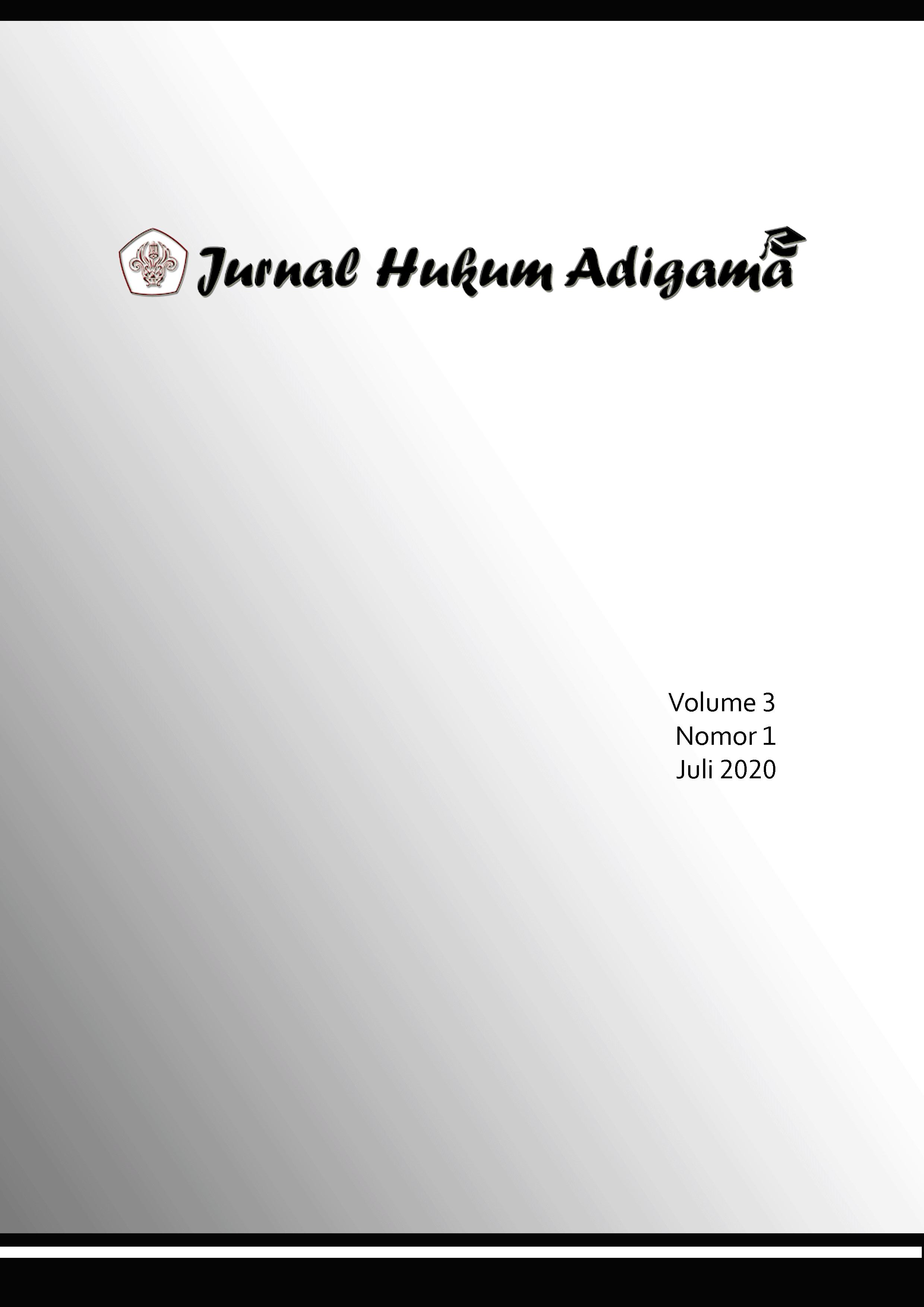Pembagian Harta Bersama Akibat Nusyuz Ditinjau Dari Besaran Kontribusi Suami Istri Dalam Pekawinan (Studi Terhadap Putusan Pengadilan Agama Jakarta Barat Nomor 572/Pdt.G/2017/PA.JB)
Main Article Content
Abstract
Marriage is a binding legal act between a man and a woman which contains the value of worship to Allah SWT, where both the husband and wife parties contain civil aspects that give rise to rights and obligations. Rights here are what is received by someone from someone else, while obligations are what must be done to others. Wives who do not carry out their obligations can be considered as cheating wives as referred to in Article 83 paragraph (1) Compilation of Islamic Law. The problem that occurs in this case is whether the influence of nushuz on the distribution of shared assets in terms of the contribution of husband and wife in marriage based on the perspective of justice in the West Jakarta Religious Court Decision Study Number 572 / Pdt.G / 2017 / PA.JB ?. The author examines this problem by using normative legal research methods. The research data shows that there is her husband's inheritance in the form of business that is undertaken before marriage and after marriage her husband entrusts the profits of his business to his wife to be managed. Unexpectedly, in his marriage there was a problem that resulted in the fulfillment of the husband's rights because his wife had already been deceived or abandoned his obligations as a wife by leaving for no apparent reason and taking away the money from the business he trusted her by leaving him to manage the money. The conclusion drawn is that a wife's nusyuz actions affect the distribution of shared property because the wife has neglected her obligations. The distribution of shared assets can be reviewed through the contribution of husband and wife in marriage.
Article Details
Section
This work is licensed under a Jurnal Komunikasi Creative Commons Attribution-ShareAlike 4.0 International License.

